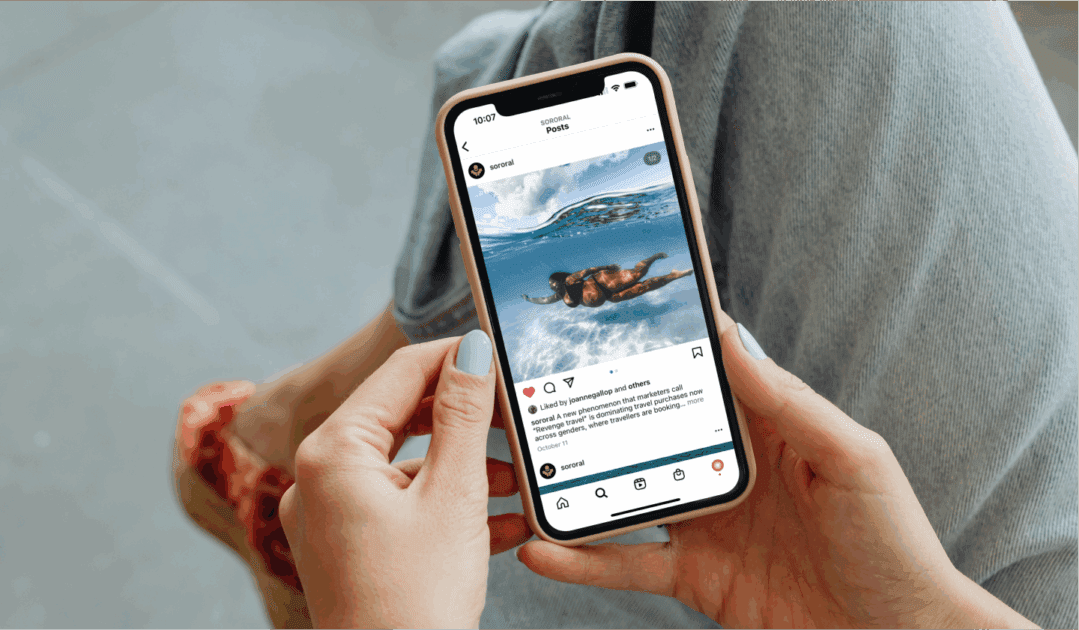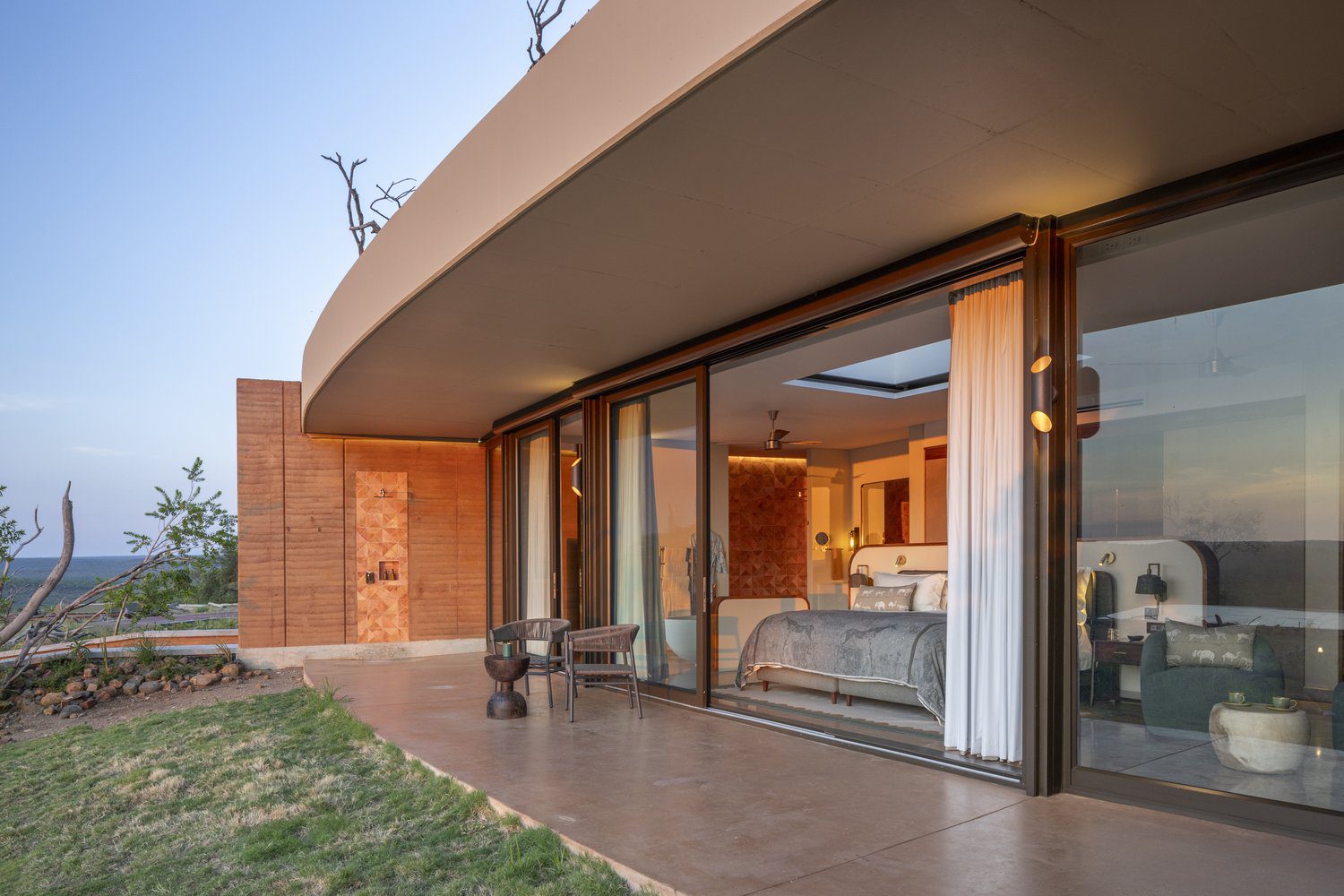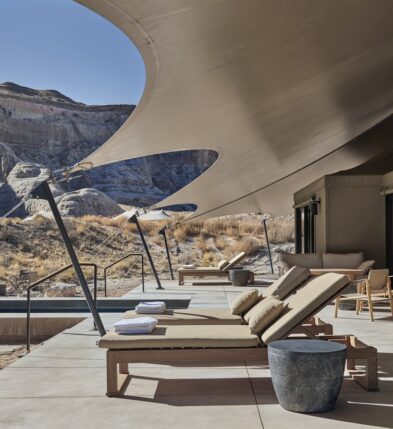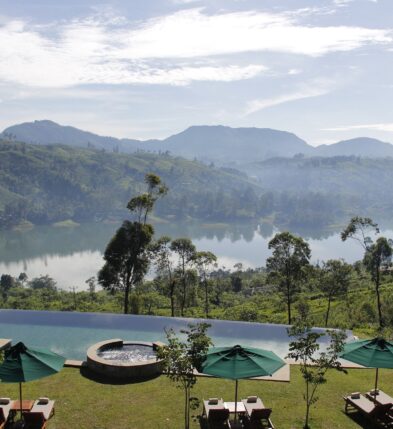Travel has always promised discovery, of places, people, and sometimes even ourselves. But for too long, the industry has overlooked the lived realities of women, from safety concerns to unequal opportunities in tourism and hospitality. Sororal is reimagining what travel can look like when women are placed at the center, not only as travellers but as guides, business owners, and community leaders— a movement that echoes the ideas explored in The Changing Face of Women’s Clubs and Destinations.
In this conversation, Sororal’s founder shares how a love of place, a background in global policy, and a feminist vision came together to build a travel platform rooted in advocacy, connection, and sisterhood. With four new trips launching for 2026 and the recent introduction of the Voices Rising Scholarship Fund — designed to support victims of violence through access to transformative travel — Sororal continues to expand its mission and deepen its impact.
What inspired you to launch Sororal Travel? Was there a particular moment or experience that sparked the idea?
— I’ve always believed that travel can be powerful, but not just for the traveller. After years of being a third culture kid and working in both government and international contexts, I saw firsthand how women’s stories, businesses, and safety were often left out of larger global narratives.
The idea for Sororal was born out of a mix of frustration and hope, post-pandemic, in response to the impact on women more broadly and especially those in the travel industry. My co-founder and I wanted to create something where travel wasn’t just about beautiful places, but about uplifting the women within them. You could say it came to life at the intersection of policy, a deep love of place, advocacy, and feminism.

Before founding Sororal, what were you doing, and how did that background shape how you run your business today?
— I spent a significant part of my life as a third culture kid while my parents worked abroad, in places like Israel, Syria, Germany, Egypt, India, and the United States, to name a few. I also have nearly 20 years of professional experience, including overseas work in Kenya, Australia, and India, alongside my roles in public service: advising Ministers, representing Canada abroad, and now supporting a NATO innovation program. I’ve also been deeply committed to feminist and anti-violence movements in my community.
I’m especially proud to have had strong female mentors and role models throughout my life. Both of my grandmothers, and their mothers, were vocal supporters of equal rights. While they may have taken on traditional gender roles due to the times they lived in, they also built remarkable careers. These experiences gave me a deep understanding of systems, how to navigate them, how to challenge them, and the confidence to lead with strategy, not ego. My government work is structured and high-stakes, but Sororal allows me to flex different muscles: empathy, advocacy, and creativity. The two worlds balance each other, and the rigour from one strengthens the integrity of the other.
Was there a gap you noticed in the travel industry that Sororal is trying to fill?
— Absolutely. The travel industry talks a big game about empowerment, but too often skips over the lived realities of women, especially those working in tourism and hospitality, or living in communities where safety and economic freedom aren’t guaranteed.
Mainstream travel, especially adventure and cultural tourism, has long been designed through a male lens. Women face safety concerns that men rarely have to think about. And while women make up the majority of the tourism workforce globally, they hold only a fraction of leadership roles and are often underpaid or excluded from the financial benefits of the industry.
We saw a need for a travel company that centres women, not just as travellers but as business owners, guides, artisans, and decision-makers. Sororal works directly with women-led businesses, ensuring that tourism dollars stay in the hands of those who need them most. But it’s not just about economics, it’s about connection. After the pandemic, there was a deep craving for women to come together again, to share stories, support each other, and rebuild the sense of community that had been fractured.
Sororal creates space for that connection. We offer safer, well-informed experiences and work to reshape the narrative around what travel can look like for women. We don’t paint over problems with a glossy itinerary, we address them head-on. We’re unapologetic in calling out what works and what clearly doesn’t in this industry. There are very few travel organizations willing to take this kind of bold, feminist-forward approach, but we believe it’s essential.
The response from within the industry has been incredibly encouraging. People working in tourism recognize the gaps, and they see the impact we’re aiming to make. Now, the next step is getting more women to recognize that they deserve to travel this way: outside their comfort zones, inside their integrity, and with the knowledge that their tourism dollars are making a real difference.

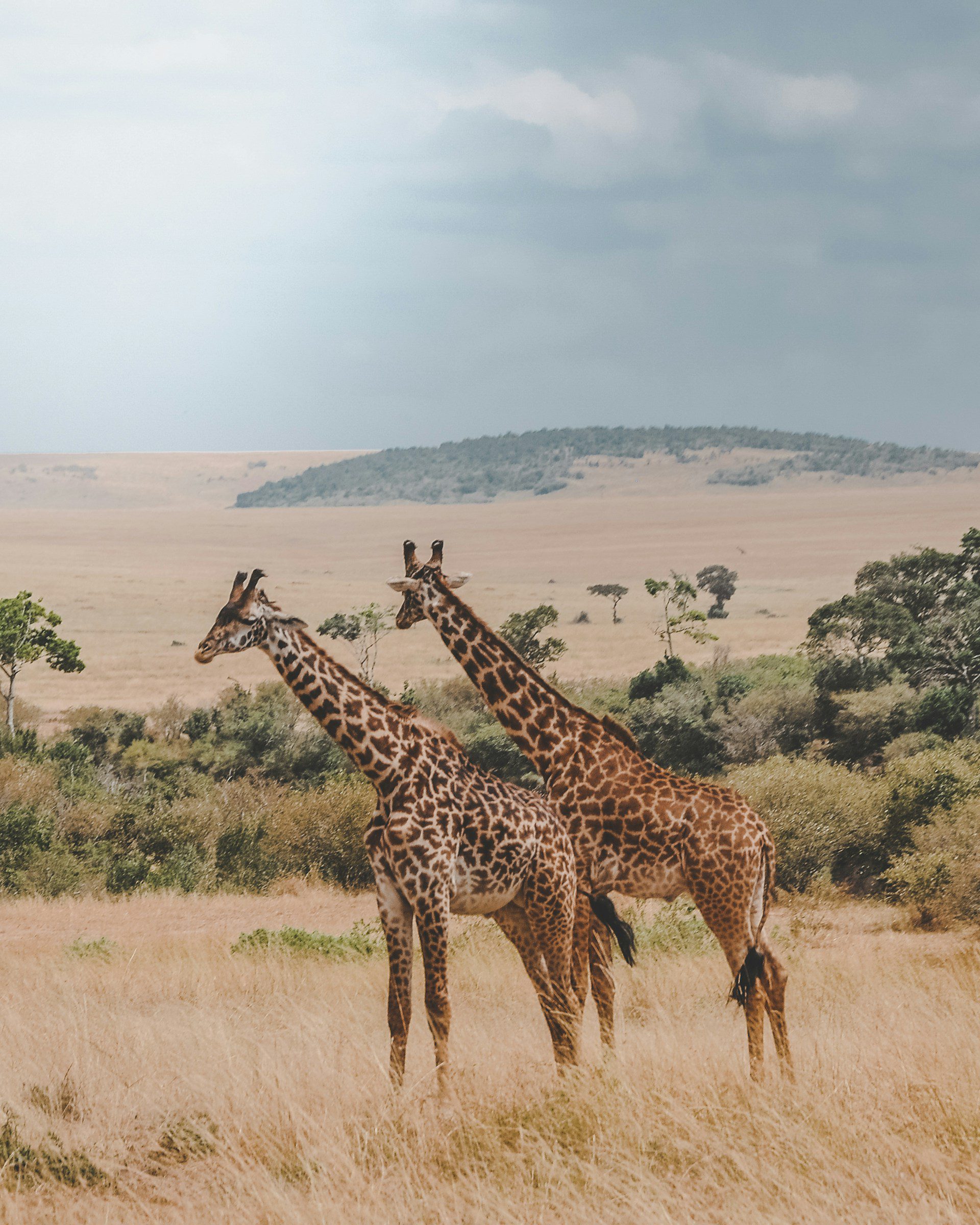
You centre women in your experiences. How has that shaped the way you build community and design your trips?
— When women are the focus, everything changes, from the pace of the itinerary to the types of questions we ask each other over dinner. Sororal experiences are intentionally small, relational, and rooted in conversation. I don’t want people to just visit a place, I want them to understand it through the eyes and expertise of women who live there. And that means partnering with women-led businesses, investing in local stories, and creating the kind of safety and depth we’re so rarely afforded in traditional travel spaces.
How do you go about choosing destinations for Sororal trips? Is it instinct, research, or personal connection?
— All three. Some destinations, like India and Kenya, were places I’d lived or worked in before. Others come from deep research, community introductions, or a gut feeling after meeting a changemaker doing powerful things in her space. But no matter how a place comes onto our radar, I always ask: is there a story here that isn’t being told? Can we do this ethically, collaboratively, and with care for the women already leading in that place?
We also consider factors like receptivity to female entrepreneurship, safety for women travellers, and the strength of existing local networks. In fact, we worked with a Canadian university to help us develop a framework for evaluating new destinations, looking at everything from gender equity metrics to tourism readiness and local leadership. If the answer across the board is yes, we dig in.
What does success look like for you when a Sororal trip ends?
— When a woman leaves with more questions than answers. When she feels cracked open in the best way. When the local women we partnered with feel seen, heard, and fairly paid. When the connections made, across language, culture, or class, feel less like a transaction and more like a shared future. That’s success to me.
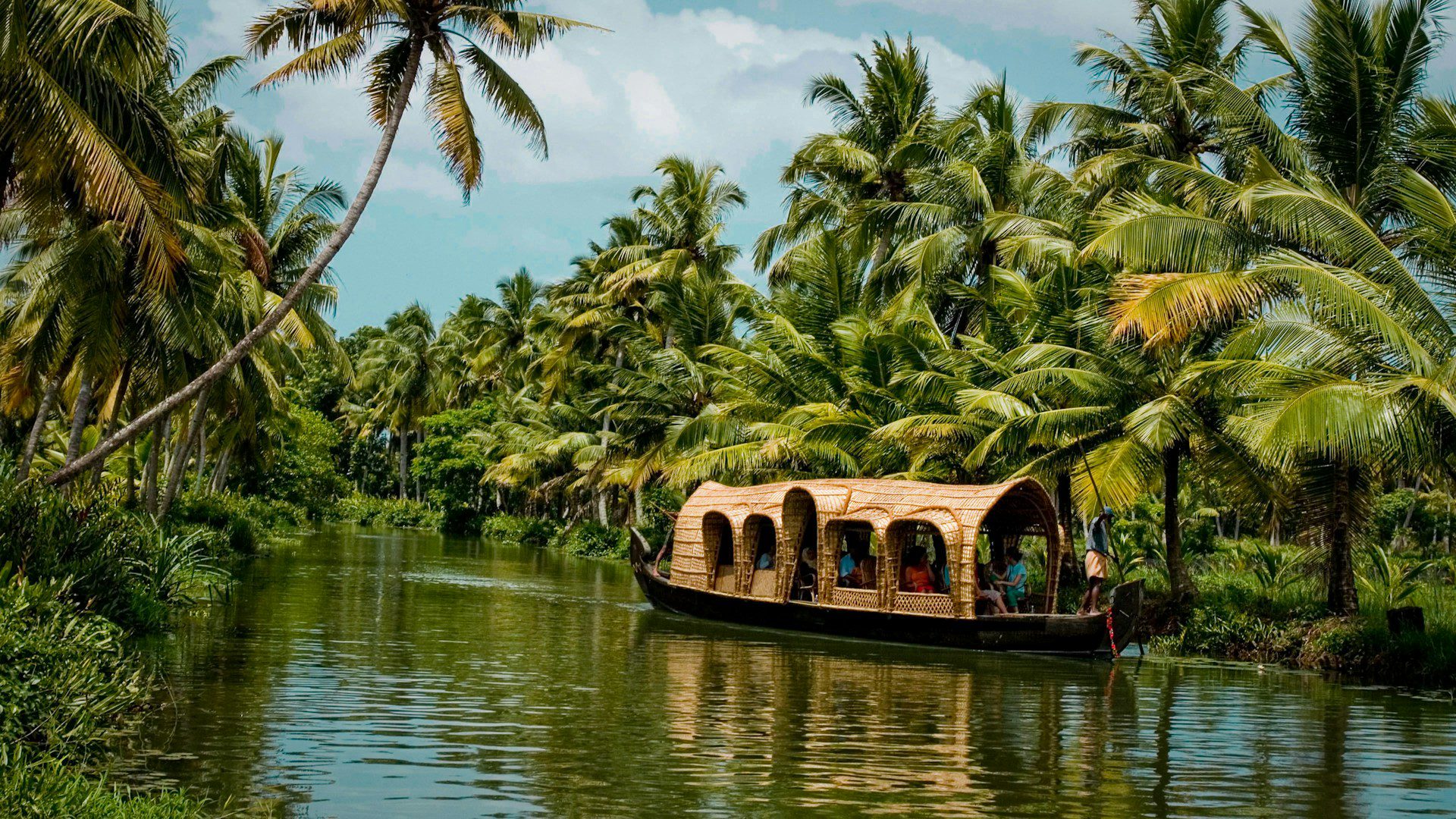
Have there been any unexpected learnings or challenges as a founder running a purpose-driven travel business?
— So many. The biggest? That doing things differently often means doing them slower, and that’s not a bad thing. In a purpose-driven model, every decision carries weight. Building real relationships with local partners takes time. Designing experiences that prioritize safety, ethical sourcing, and fair compensation takes time. And maintaining integrity, especially as a small, feminist brand in a highly competitive industry, means saying no to shortcuts that might bring quicker returns. There’s constant pressure in the travel space to scale fast, chase viral moments, or sell glossy dreams. But I’d rather build something honest and grounded, even if it’s quiet (and financially challenging) at first. Staying small and intentional has given us the space to truly listen, adapt, and lay a foundation that reflects our values, not just our ambitions.
Can you share a standout moment or connection from one of your trips that still stays with you?
— During our most recent experience in Kenya, something profound happened, something that reinforced exactly why Sororal exists. When one of our service providers and partners learned that we weren’t just another travel company, but a travel and advocacy brand focused on raising awareness around violence against women, their response was immediate. They were drawn to our mission and to our travellers, and often, without hesitation, they began sharing their own stories: of survival, of advocacy, of supporting a friend or family member through something similar.
It was a powerful and sobering reminder of how little separation there truly is between women when it comes to the realities of violence. No matter where we are in the world, these stories connect us. And yet, in that moment, flying high above the savannah of all places, a deep, unspoken bond began to form. Women from different countries, cultures, and generations came together not just as travellers, but as sisters, as allies, as part of a global network of women supporting and uplifting one another.
It was a clear reminder that among women, in spaces rooted in trust and care, we often find the safest places to be vulnerable, to share, and to truly connect.
What are your hopes for Sororal in the next 1–3 years? Are there any new directions you’re exploring?
— Yes, big ones. We’re expanding our Advisory services to support women-led hospitality businesses, quietly developing a small product line of purpose-driven travel essentials, and continuing to grow Voices Rising, our survivor fund dedicated to supporting women affected by violence. We’re also eager to share more data and insights around travel and women’s safety, topics that are too often overlooked in mainstream tourism conversations.
I launched Baggage Claim (our first edition dropped mid-April), a feminist travel community and contributor platform for bold, honest, and intersectional storytelling from women around the world.
The trips will always be a core part of Sororal, but our impact is meant to go far beyond the suitcase.
If you know someone with a story to tell, whether it’s about travel, safety, sisterhood, or survival, I’d love to hear from them for Baggage Claim. And if you know an organization looking to meaningfully support survivors, we’re actively seeking partners to contribute to the Voices Rising fund. Every dollar makes a difference.
And finally, what advice would you give to women who want to travel more meaningfully or even start something of their own?
— Trust your gut, do your homework, and remember that perfection is overrated. Whether you’re travelling solo or building a purpose-driven brand, the world will try to shrink you, question you, or make you feel like you need to play small. Don’t let it. Go slow. Ask better questions. Stay curious, not just confident. And surround yourself with people who give a damn, about you, about the work, and about the impact you’re trying to make. The rest will come, with time, integrity, and a little grit.
